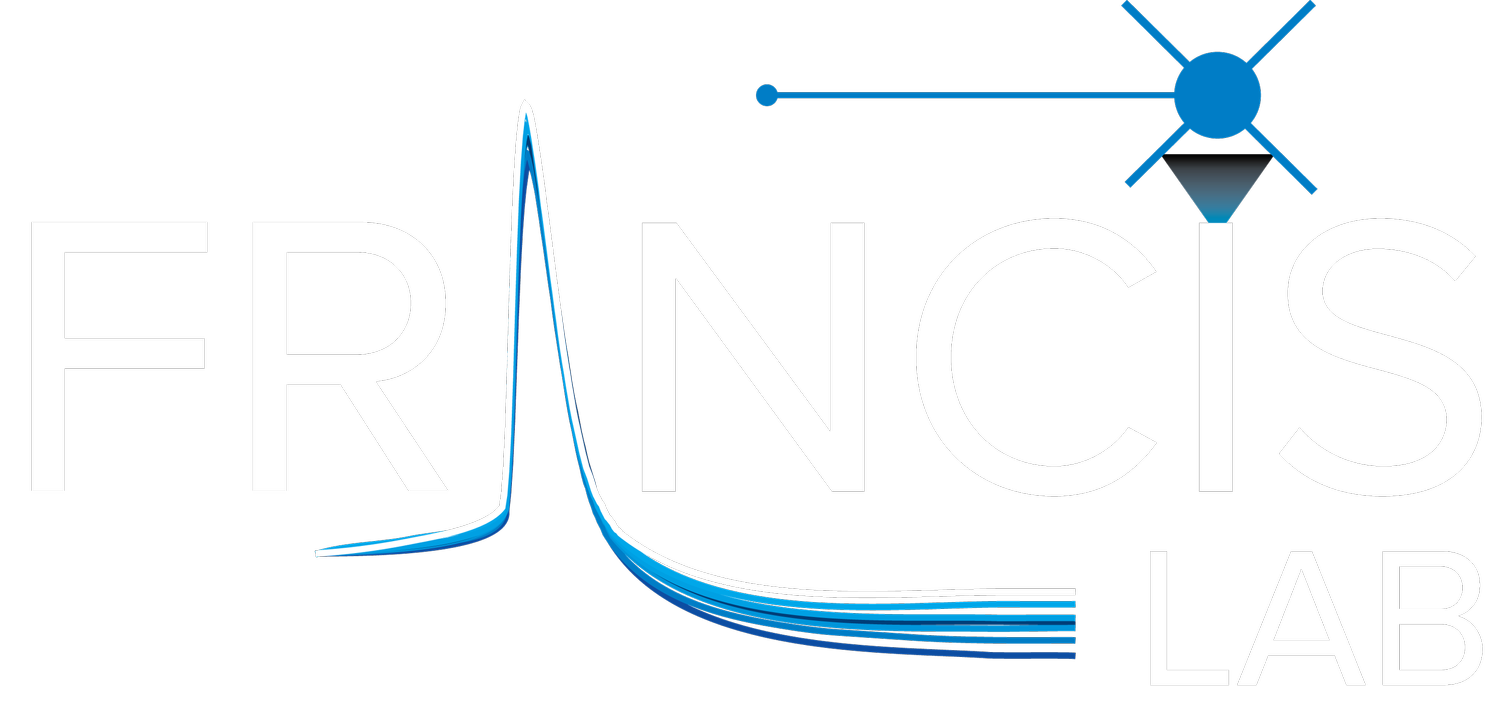Lab Philosophy
Scientific Approach
We believe hypothesis-based testing is the best way to test scientific ideas. Students and trainees in the lab will engage in rigorous development and testing of hypotheses with the aim of disproving ideas generated from existing literature or preliminary data. Working hypotheses will be carried forward and expanded upon. There is a place for discovery science and this science can generate giant leaps in understanding or generate data for later hypothesis testing. However, it is understood that these methods are expensive, that paradigm shifting data is rare, and that progressive science favors the hypothesis.
Open Science
We believe in open science including open access, open-source technology and software, and collective sharing of data. All large-scale calcium recording, histological, and electrophysiological data will be available and, eventually, shared in a respository with public access. Protocols, software, and hardware will be made available on this site (GitHub). A collective, open approach to science enhances productivity and innovation, reduces waste, fosters better reproduction and replication of findings, and enhances public trust of science.
Career Development
It is my job to support any career path you want to pursue. Scientific paths are a braided river, not a pipeline. Learning scientific concepts and conducting science opens you up to a world of other career options by strengthening critical thinking, interpersonal, communication, writing, and technological skills while providing a deep appreciation for the natural world. These skills are applicable to any career. While in the lab working as a scientist, you will have the opportunity to apply for your own funding, explore your own ideas, collaborate with other scientists, attend conferences and meetings across the world, write and review papers, present your work (often), and, above all, learn how science is conducted.
Work/Life Balance
It is understood and expected that you have a life outside of the lab. You are an individual with hopes, dreams, hobbies, and interests. Your work in the lab is a job- a fun job, but a job, nonetheless. Science is an extremely rewarding career but can be particularly demanding at times. It will be my role to ensure you have the proper rest and relaxation so that you can be as productive as you wish to be and generate the best ideas you can. Your worth is not dictated by your productivity.
Our Beliefs
We believe in the equity and inclusion of all from any race and ethnicity, class, sex, gender, gender expression, orientation, identity, religion, mental health status, disability, age, veteran status, national origin, and means of self-expression. It is my job to ensure the lab remains a safe space for all. Hate has no place here. We advocate for systemic changes to the academic system in this regard and the dismantling of colonial practices. It is acknowledged that we all will make mistakes. The lab aims to be a place where we can acknowledge, make corrections, and grow as people, becoming more responsible members of society.
To ensure this space is safe and open to ideas, we do not run on power- or privilege-driven hierarchies, but rather mentorship groups and flat teams. You will always be considered a scientific colleague. We believe in science and believe that Truth exisits. No opinion, idea, or preference is less valued than another and it is understood that at any level of study, all can provide extremely valuable insights and contributions.
Land Acknowledgement Statement
The Francis lab acknowledges that the University of South Carolina sits on unceded land of the Congaree and ᏣᎳᎫᏪᏘᏱ Tsalaguwetiyi (Eastern Band of Cherokee Indians) peoples, Indigenous Americans who resided here long before colonization. As colonizers and settlers of this land, it is important to recognize that these peoples succommed to disease or were enslaved. Others were forced out of their homeland or killed during the Yamasee War of 1715. Those that remained displaced were integrated in to neighboring tribes, many of which were later violently uprooted from their lands under the Indian Removal Act of 1830, which forced these populations to resettle in central portions of what would later become the United States. We hope to continue to learn more about the indigenous peoples who inhabited this land and respect those who still remain connected to this land.

